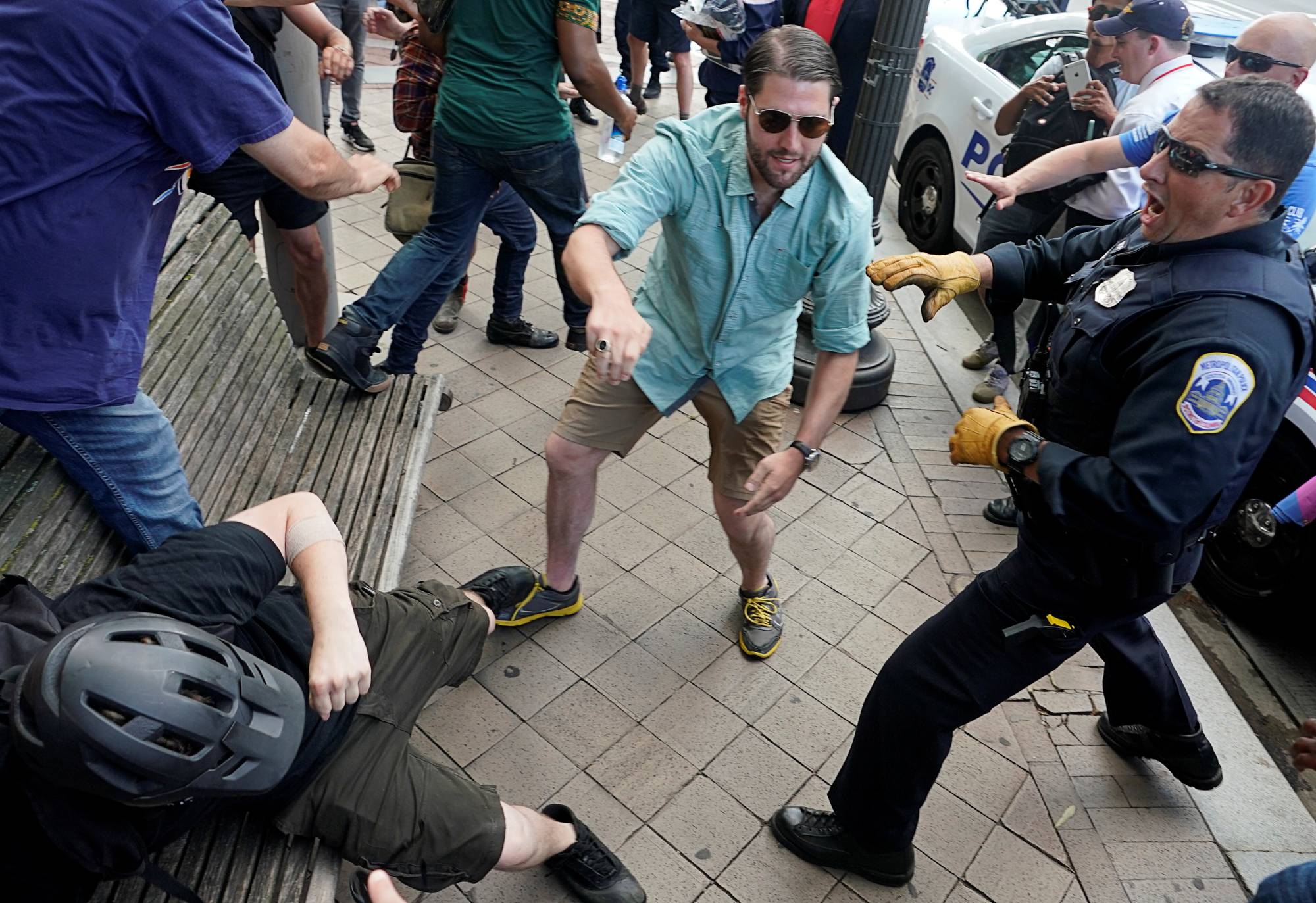In April, the Journal of Controversial Ideas — of which I am a co-editor — published its first issue. The journal is a response to the shrinking boundary, even in liberal democracies, of acceptable discourse. It is specifically designed to provide a forum in which authors can, if they wish, use a pseudonym to avoid running the risk of receiving personal abuse, including death threats or of irrevocably harming their careers.
There was a time when the threat to academic freedom in democratic countries came primarily from the right. The free speech cause celebre of the early twentieth century United States featured Scott Nearing, a left-leaning economist at the University of Pennsylvania who was dismissed because his activism for social justice did not sit well with the bankers and corporate leaders on the university’s board of trustees.
Fifty years later, in the McCarthy era, many people were blacklisted or dismissed because of their support for leftist ideas. When I came to Princeton in 1999, Steve Forbes (who was then campaigning for the Republican nomination for president) called for my appointment to be rescinded because he objected to my critique of the traditional doctrine of the sanctity of human life.

















With your current subscription plan you can comment on stories. However, before writing your first comment, please create a display name in the Profile section of your subscriber account page.